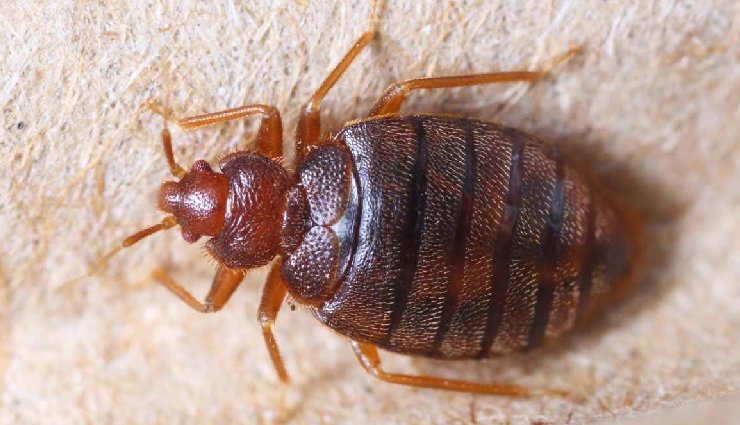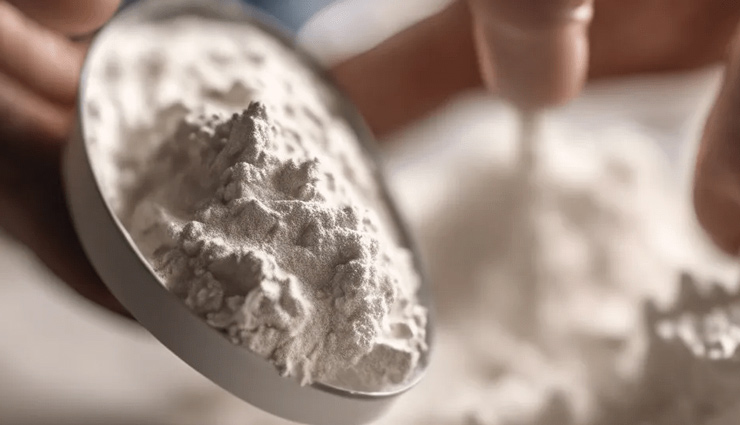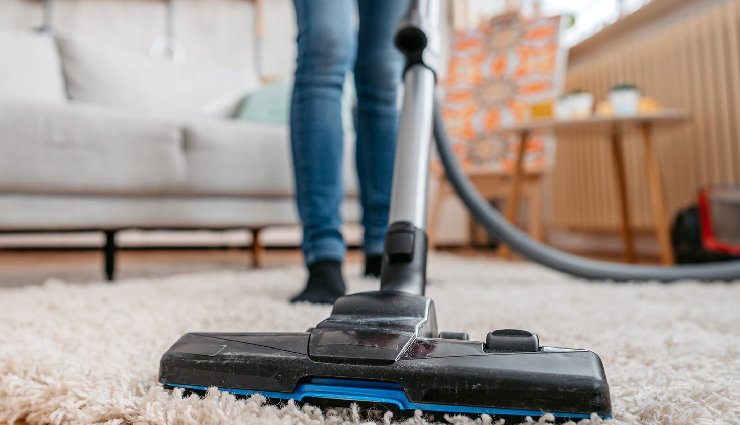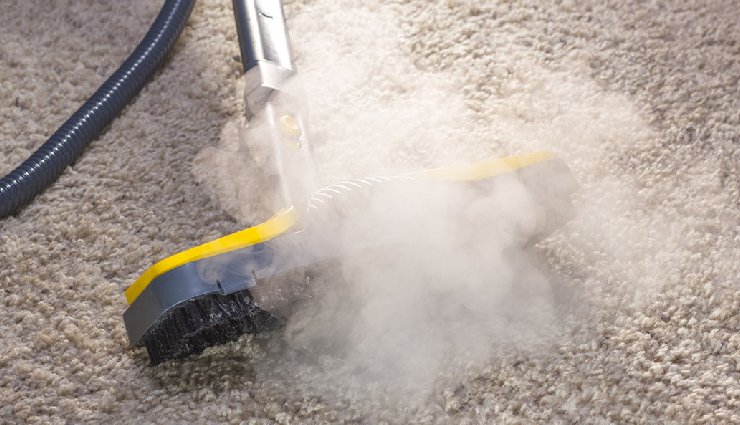9 Effective Home Remedies To Get Rid Of Blanket Worm
By: Nupur Rawat Thu, 05 Dec 2024 12:53:44

"Blanket worm" is not a widely recognized term in entomology or pest control. However, based on context, it might refer to a few different things:
- Bedbugs: Bedbugs are commonly found in bedding, and people sometimes refer to them as "blanket worms" due to their presence in blankets and mattresses. These small, reddish-brown insects feed on human blood, typically at night, and leave behind itchy bite marks. Bedbugs are nocturnal and often hide in cracks and crevices during the day.
- Moth Larvae (Clothes Moths or Carpet Beetles): Another possibility is the larvae of moths or carpet beetles, which can infest blankets, clothing, and fabrics. These larvae, often referred to as "blanket worms," feed on natural fibers such as wool, silk, and cotton, causing damage to textiles.
It seems like you may be referring to bedbugs or fleas, which are sometimes colloquially called "blanket worms." These pests infest bedding and other household items. If you're dealing with bedbugs or similar pests, here are some home remedies you can try to get rid of them:

# Essential Oils:
Certain essential oils are known to repel or kill bedbugs:
- Lavender Oil: Bedbugs dislike the strong smell of lavender. You can make a spray by mixing lavender essential oil with water and spraying it around your bed and furniture.
- Tea Tree Oil: Tea tree oil has antimicrobial and insecticidal properties. Mix it with water and spray it directly on your bedding and furniture.
- Peppermint Oil: Another essential oil that can repel insects. You can create a spray by mixing peppermint oil with water and spraying it around your sleeping area.

# Diatomaceous Earth:
Diatomaceous earth is a natural, non-toxic powder that can kill bedbugs and other pests by dehydrating them. Sprinkle it around your bed, furniture, and areas where you’ve seen the bugs. Leave it for a few hours or overnight, then vacuum it up.

# Baking Soda:
Baking soda can help kill bedbugs by dehydrating them. Sprinkle it around your bedding, carpets, and areas where bedbugs hide. Leave it for a few days, then vacuum it up.

# Vacuuming:
Regular vacuuming is an effective way to remove bedbugs and their eggs. Focus on seams, cracks, and crevices in your mattress, furniture, and carpet. Make sure to dispose of the vacuum bag immediately after use

# Hot Water:
Bedbugs and their eggs can’t survive high temperatures. Wash your bedding, pillowcases, sheets, and clothes in hot water (at least 120°F or 49°C). Dry them on the highest heat setting for at least 30 minutes.

# Steam Cleaning:
Using a steam cleaner on your mattress, furniture, and carpets can kill bedbugs and their eggs. Steam at a high temperature (over 120°F) can effectively penetrate cracks and crevices where these pests hide.

# Cinnamon and Cloves:
Both cinnamon and cloves are natural repellents for bedbugs. You can place whole cloves and cinnamon sticks in small sachets around your room or scatter ground cinnamon in areas where bedbugs might be hiding.
# Cold Treatment:
If you have small items like bedding or clothing that can be placed in a freezer, freezing them at 0°F (-18°C) for at least 4 days can kill bedbugs.

# Neem Oil:
Neem oil has insecticidal properties and can be used to kill bedbugs. Mix neem oil with water and spray it around areas where bedbugs are present.
In addition to these remedies, maintaining cleanliness and regularly inspecting your home for signs of pests will help prevent future infestations. If the problem persists, you may need to contact a pest control professional for more intensive treatment.





